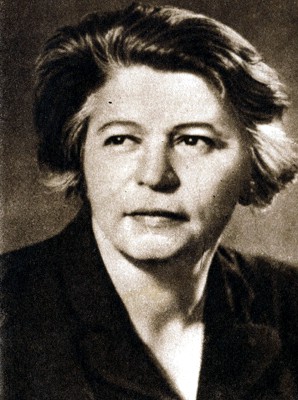|
Emine Çolak
Emine Çolak (born 9 March 1958) is a Turkish Cypriot lawyer who served as the Minister of Foreign Affairs of Northern Cyprus in the Kalyoncu cabinet between July 2015 and April 2016. Early life Çolak was born on 9 March 1958 in Nicosia. She studied law at SOAS, University of London and graduated in 1979, earning the right to work as a barrister in 1980. She started running her law office in Nicosia in 1982 and worked on several administrative, family, commercial, property and human rights cases. She worked as a lawyer on contract in the Department of Promotion. Career Çolak founded the Turkish Cypriot Human Rights Association and was its chairperson when she was appointed as a minister. She served as a member of the Municipal Council of the Nicosia Turkish Municipality between 1994 and 2002, and coordinated the law commission in preparation for the Annan Plan for Cyprus in 2003 and 2004. She took part in bi-communal efforts beginning from 1990 and participated in the Turk ... [...More Info...] [...Related Items...] OR: [Wikipedia] [Google] [Baidu] |
Annan Plan
The Annan Plan (), also known as the Cyprus reunification plan, was a United Nations proposal to resolve the Cyprus dispute. The different parts of the proposal were based on the argumentation put forward by each party (Turkish Cypriots and Greek Cypriots) in meetings held under the auspices of the UN. The proposal was to restructure the Republic of Cyprus to become the "United Republic of Cyprus" (; ), a federation of two states. It was revised a number of times before it was put to the people of Cyprus in a 2004 referendum, and was supported by 65% of Turkish Cypriots, but only 24% of Greek Cypriots. Proposal The Annan Plan (named after UN Secretary-General Kofi Annan) underwent five revisions before it reached its final version. The fifth revision proposed the creation of the United Republic of Cyprus, covering the island of Cyprus entirely except for the UK's Sovereign Base Areas. This new country was to be a federation of two constituent states – the Greek Cypriot Stat ... [...More Info...] [...Related Items...] OR: [Wikipedia] [Google] [Baidu] |
Female Foreign Ministers
A foreign minister or minister of foreign affairs (sometimes external affairs minister) is generally a cabinet minister in charge of a nation's foreign policy and relations. There have been many women appointed to this post around the world. This list shows female foreign ministers from around the world, either from sovereign states, unrecognized states, autonomous regions, or ''sui generis'' entities. Some countries have varied titles for this particular position, such as minister for external affairs in Brazil and India. In the United States and the United Kingdom, the position is titled as Secretary of State and Secretary of State for Foreign and Commonwealth Affairs respectively. In some cases, the prime minister has concurrently served as foreign minister. This was the case with Indira Gandhi and Sirimavo Bandaranaike, who served as prime ministers of India and Ceylon respectively. Sweden has had nine female ministers, a world record. Sovereign states *''Italics'' denotes a ... [...More Info...] [...Related Items...] OR: [Wikipedia] [Google] [Baidu] |
People From Nicosia
The term "the people" refers to the public or common mass of people of a polity. As such it is a concept of human rights law, international law as well as constitutional law, particularly used for claims of popular sovereignty. In contrast, a people is any plurality of persons considered as a whole. Used in politics and law, the term "a people" refers to the collective or community of an ethnic group or nation. Concepts Legal Chapter One, Article One of the Charter of the United Nations states that "peoples" have the right to self-determination. Though the mere status as peoples and the right to self-determination, as for example in the case of Indigenous peoples (''peoples'', as in all groups of indigenous people, not merely all indigenous persons as in ''indigenous people''), does not automatically provide for independent sovereignty and therefore secession. Indeed, judge Ivor Jennings identified the inherent problems in the right of "peoples" to self-determination, as i ... [...More Info...] [...Related Items...] OR: [Wikipedia] [Google] [Baidu] |
